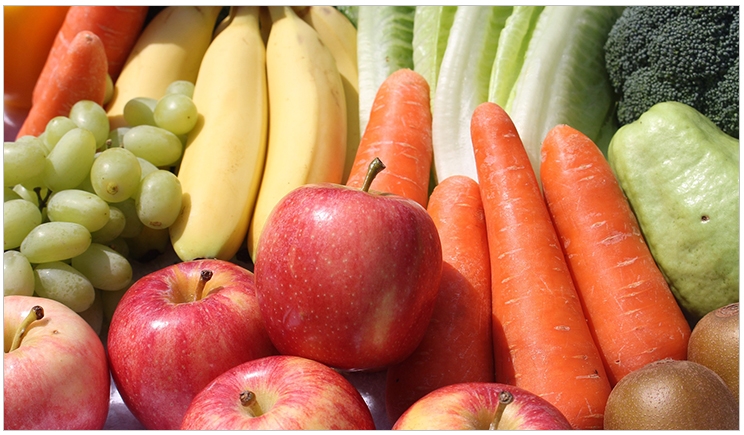
Healthy food may be the best cure for gum problems. Researchers from the University of Freiburg in Germany have discovered that a low-carb diet rich in Omega-3 fatty acids, vitamins C and D, antioxidants, and fiber can significantly reduce periodontal inflammation.
The researchers recruited a group of 15 subjects, with 10 serving as the experimental group and 5 serving as the control. The experimental group began eating the recommended foods, while the control group continued their normal eating habits, both for 4 weeks. Based on their results, the low-carb diet had a positive effect on oral health.
The study, “An Oral Health Optimized Diet Can Reduce Gingival and Periodontal Inflammation in Humans—A Randomized Controlled Pilot Study,” was published by BMC Oral Health. Dr. Johan Wölber and Dr. Christian Tennert, 2 of its authors, discussed its results and its implications for practitioners with us.
Q: What prompted your investigation into the connection between diet and oral inflammation?
A: We were very impressed by the results of the Baumgartner et al (2008) study where participants in a simulated stone-age environment showed lower gingival inflammation even though they had more plaque. This motivated us to look closer at the relationship between diet and gingival inflammation.
Q: Why do carbohydrates have such a negative impact on inflammation?
A: We have to be precise here and to differentiate between high-glycemic carbohydrates like saccharides, honey, wheat flour or starches, etc, and complex carbohydrates like most vegetables, greens, beans, fibers, etc. While the former seem to directly promote inflammatory processes, insulin distribution, and an inhibition of fat-burning metabolism, the latter seem to have a rather neutral influence on blood sugar and an inhibiting effect on inflammatory processes.
Q: What role should dentists play in addressing patients and their diets?
A: Based on the current results and results from other studies, diet has a profound effect on gingival inflammation. Accordingly, the dentist has the opportunity to rather easily detect overconsumption or mis-consumption of certain nutrients and accordingly recommend a more anti-inflammatory diet. Due to the recommended reduction of high-glycemic carbohydrates, this diet also will be anticariogenic, in addition to other positive effects.
Q: Specifically, what foods should dentists advise their patients to limit and avoid?
A: Based on our results, patients should avoid high-glycemic carbohydrates like sugar, white grain flour, etc, and pro-inflammatory fatty acids, especially Omega-6 fatty acids and trans-fats.
Q: Also specifically, what foods should dentists advise their patients to include and increase in their diets?
A: Based on our results, dentists should advise a mainly plant-based low-carb diet rich in micronutrients, antioxidants (eg, berries), Omega-3 fatty acids (eg, linseeds), and fibers.
Related Articles
Lettuce Juice May Help Control Gingivitis
Blueberry Extract Could Fight Gum Disease
Acai Berries May Inhibit Bone Loss



